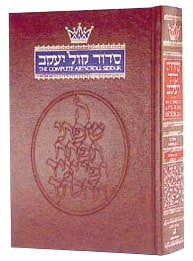Quick thoughts on concepts, and critical words in the translation of the I Corinthians 14:10 catena attributed to Cyril of Alexandria.
This text outlines several interesting particulars: how ancient Greek words previously used in classical Greek rituals had become Christianized, and the office of the circuit preacher, which required the knowledge of many languages. These elements are examined in more detail below.
Several words in the translation of Cyril’s catena on I Corinthians have Greek antecedents to them that require careful examination, especially as it relates to the doctrine of tongues. The results demonstrate the Alexandrians had adapted these words from its original intent to their own meaning.
